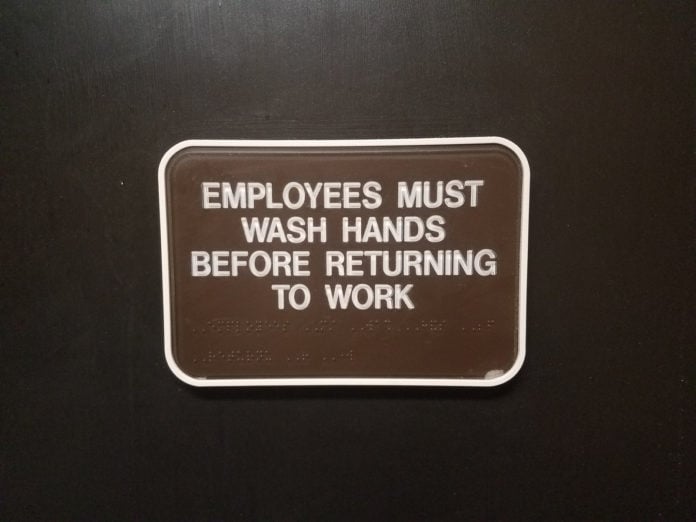The trafficking victims were mostly underage, held in harsh servitude and forced to spend long hours satisfying the needs of paying customers. Prostitutes at a massage parlor in Jupiter, Florida? No. An egg farm in Ohio where, federal authorities reported, kids as young as 14 were put to work cutting beaks off chickens and shoveling chicken excrement.
The arrest of New England Patriots owner Robert Kraft for allegedly soliciting sexual services from women working at a massage parlor was billed as part of a sting operation aimed at human trafficking. But the trafficking allegation is hardly the sole source of outrage. The air has been thick with disgust at the idea of a billionaire paying for orgasms.
“The men are the monsters in this case,” said Martin County Sheriff William Snyder. But if there was trafficking, the monsters would be the people in charge of the business that participated in it. The customers would hardly be in a position to discern that the masseuses were unwilling providers.
It’s common to equate prostitution with human trafficking. But globally, sex workers make up only about 1 in 5 people trapped in servitude. Mark Guarino reported in Medium that in the St. Louis area, “agriculture, landscaping, construction and domestic servitude represented the top industries for forced labor.”
Is a homeowner whose lawn is done by a landscaping crew a monster because some of the workers were trafficked? How would the homeowner know? How would Kraft have known?
But commercial sex carries a stigma that lawn mowing doesn’t. Anti-prostitution alarmists insist that no one would voluntarily sell her or his body. Only criminal coercion, unconscionable manipulation or poverty could induce anyone to endure such shame.
Plenty of sex workers (a term many prefer to “prostitutes”) disagree. One of them is Maggie McNeill, whose new documentary is called “The War on Whores.” She says, “We all have to make a living. There’s no rational reason for anyone to say that my choices are less valid merely because they involve sex.”
Sex worker and writer Laura LeMoon told a reporter for the Seattle newspaper The Stranger, “I’ve had plenty of vanilla jobs that made me feel (worse) about myself than sex work ever did.” The pointed slogan of sex worker activists is “Rights, Not Rescue.”
Consider how sexual mores have changed. Sodomy laws are extinct; same-sex marriage has constitutional protection; and transgender people have gained some legal rights. Yet engaging the services of a prostitute remains taboo — subject to public shaming and criminal penalties.
It’s hard to see why sex between consenting adults becomes impermissible when money changes hands. If two people choose to engage in carnal activities, the terms of the encounter should be up to them, not the government.
We can safely assume that when a woman engages in prostitution (or stripping or porn movies), it’s because she has assessed her options and decided it’s the best, or the least bad. Making it a crime doesn’t improve her circumstances; it merely forces her to choose an even worse option — or risk going to jail.
Outlawing commercial sex might be defensible if it prevented women and girls from poor countries from being forced to work for their criminal captors. In fact, the laws against prostitution make it harder to combat human trafficking by keeping the sex trade underground, deterring victims from going to the police, and attracting corrupt entrepreneurs.
The Global Alliance Against Traffic in Women, an association of some 80 nongovernmental organizations, contends that criminalizing solicitation by clients “has not reduced trafficking or sex work, but has increased sex workers’ vulnerability to violence, harmed HIV responses and infringed on sex workers’ rights.”
A variety of human rights groups — including Amnesty International, Human Rights Watch, the American Civil Liberties Union and the National Center for Lesbian Rights — argue that the best way to protect sex workers from trafficking and other evils is to repeal laws that criminalize prostitution.
They have evidence on their side. After Germany legalized prostitution in 2002, it saw a decline in convictions for sex trafficking, which remained a crime. When Rhode Island legalized indoor prostitution, economists Scott Cunningham of Baylor and Manisha Shah of UCLA found, it reduced rapes and cases of female gonorrhea in the general population by more than 30 percent.
Americans certainly want to eliminate human trafficking. But if that goal requires ending our laws against prostitution, we may find that upholding a vestige of puritanism is a higher priority.





























